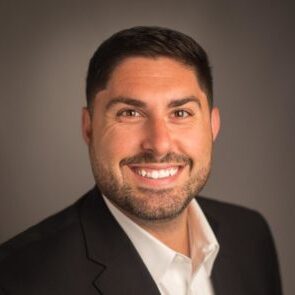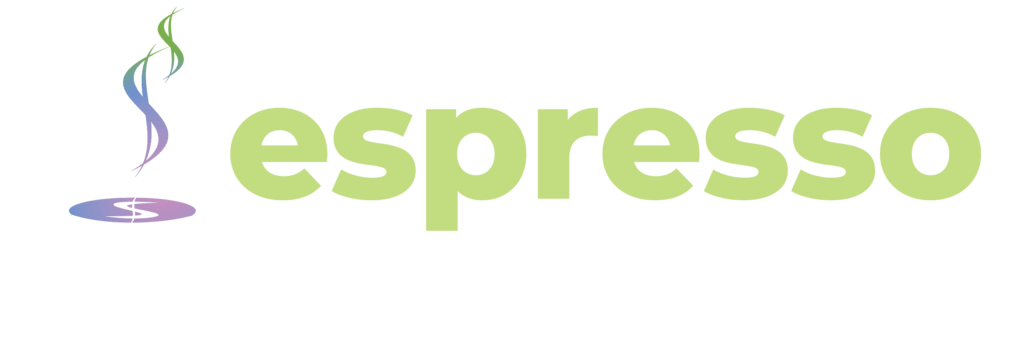Rich Ganim
When was your first job in real estate?
2010, I was an agent at a small independent company in Cleveland, Ohio where I wasn’t set up
for success.
Why did you want to be in real estate?
After having my position eliminated from the media in 2009, I had a conversation with my dad
who encouraged me to meet with a family friend who owned a small independent brokerage.
After we talked, he painted a picture that I couldn’t refuse. From there, the rest is history.
What prompted you to move into coaching?
The lack of coaching that I received when I first got into the industry in 2010 almost caused me
to leave the industry. In my 1 st full year I sold 3 houses and made $9,000. I couldn’t pay my bills.
It wasn’t until I found a coach that I was set up for success and because of that, we sold 100
houses my 2 nd year in the business. So many people poured into me which allowed me to sell
hundreds of homes in the 8 years that I’ve been licensed that coaching is the natural
progression for me. It’s an opportunity for me to give back and allow others to successful. My
passion is developing people and helping people live a life they’ve only dreamed of. For me,
coaching is how I plan to impact this world and leave it a better place for generations to come.

What do you see as your "value proposition" for a potential client?
Coaching is about meeting a person where they are at, learning where they want to go and then
taking them get where they ought to be. The coach and client relationship are such an important
relationship for the growth of the agent and business owner that there needs to be 100% trust in
the process and in the individual. When you coach with me, you get 110% of me and my desire
to help you build and grow.
What is the biggest challenge most agents face?
A lack of training, technology and support from their brokerage and because of that a lot of
agents flounder and eventually lose because they’ve been let down by their broker.
Many people have a natural fear of prospecting and rejection. How do you get your agent/client over such a fear?
Nobody likes to fail. Everybody wants to look good and be right. Losers visualize the penalties
that losing brings and while winners focus on the reward that success brings. Everything in the
real estate industry has to do with how we look at things. If we don’t have the right mindset,
there’s no way to succeed.
How do you coach your clients on time management strategies and especially dealing with procrastination?
What’s the easiest way to eat an elephant? One bite at a time… That’s the same with real
estate. One we find what’s most important and the why behind it’s importance we can then work
backwards to determine the activities needed to achieve the goal. Oh, and those books “Eat that
Frog” by Brian Tracy and “The ONE Thing” by Gary Keller. Those two books make it easy.
How do you coach your clients on maintaining a healthy work/life balance?
The counterbalance that is work and life in the real estate industry is one of the biggest
opportunities I see agents having. There never seems to be enough hours in the day. Losing
sleep to negotiate deals, working on the technology, and missing workout sessions, our kids
events and so much more… Once we nail our calendars, protect our times and stick to our
schedule the rest falls into place. I firmly believe that.
Are great sellers made or born? Explain.
Nothing in this world is born great. Every single person with a license started in the exact same
place… real estate school. From there, they put in the world, mastered their craft and being the
local expert of choice. We all have the ability to be great. Being great requires doing what others
don’t do so that we can then have what other don’t have. Success isn’t an overnight thing in this
industry. We don’t succeed our way to success, we fail our way to success. It’s a fantastic
journey.
Do you use an accountability coach? Why or why not?
Many people view accountability as a negative thing when rather it should be viewed as a
checkpoint to where we are in relationship to our goal. Here’s the thing, the coaches that don’t
use accountability aren’t coaches, they are therapists. Accountability to working with somebody
to reach their goals, reminding them of what they said they are going to do and reminding of
what’s important to them and why. Accountability is never a bad thing.


